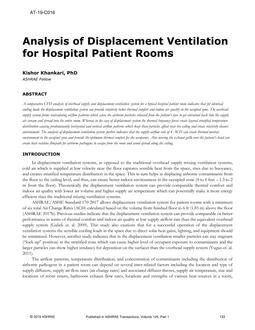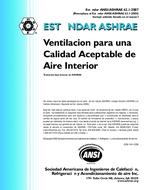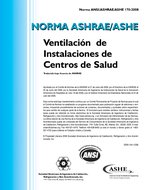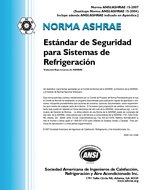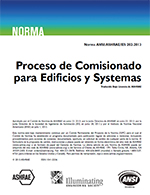Description
A comparative CFD analysis of overhead supply and displacement ventilation system for a typical hospital patient room indicates that for identical cooling loads the displacement ventilation system can provide relatively better thermal comfort and indoor air quality in the occupied zone. The overhead supply system forms recirculating airflow patterns which cause the airborne particles released from the patient’s face to get entrained back into the supply air stream and spread into the entire room. Whereas in the case of displacement system the thermal buoyancy forces create layered stratified temperature distribution causing predominantly horizontal and vertical airflow patterns which keep these particles afloat near the ceiling and create relatively cleaner environment. The analysis of displacement ventilation system further indicates that the supply airflow rate of 4 ACH can create thermal neutral environment in the occupied zone and provide the optimum thermal comfort for the occupants. Also moving the exhaust grille over the patient’s head can create least resistive flowpath for airborne pathogens to escape from the room and avoid spread along the ceiling.
Citation: 2019 Winter Conference, Atlanta, GA, Conference Papers
Product Details
- Published:
- 2019
- Number of Pages:
- 8
- Units of Measure:
- Dual
- File Size:
- 1 file , 1.6 MB
- Product Code(s):
- D-AT-19-C016
